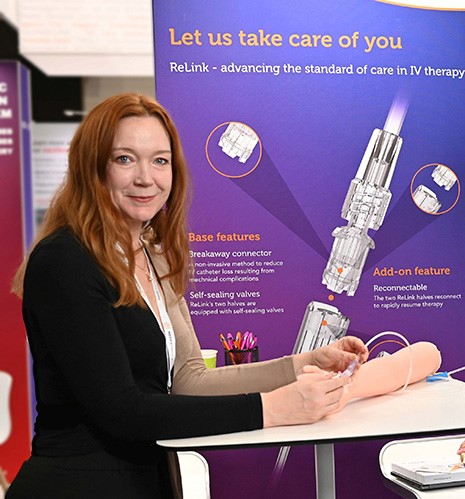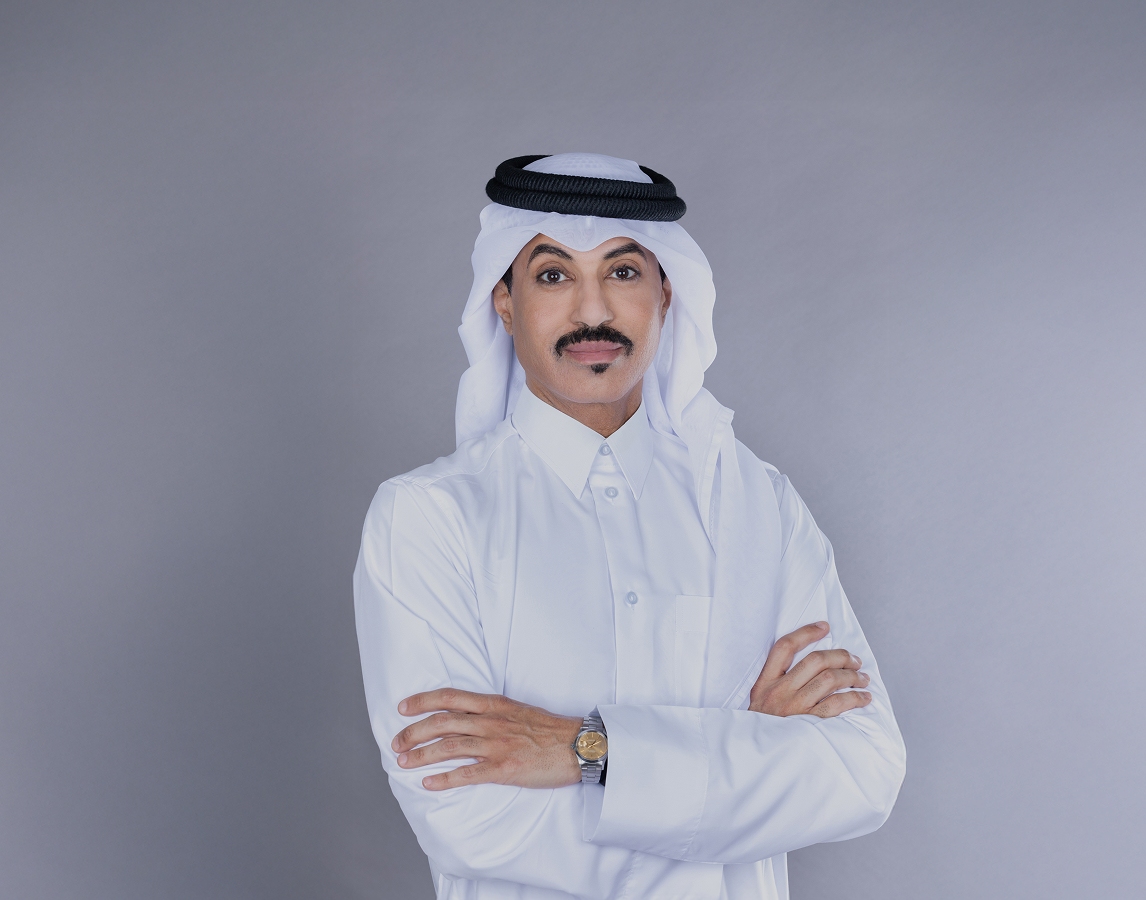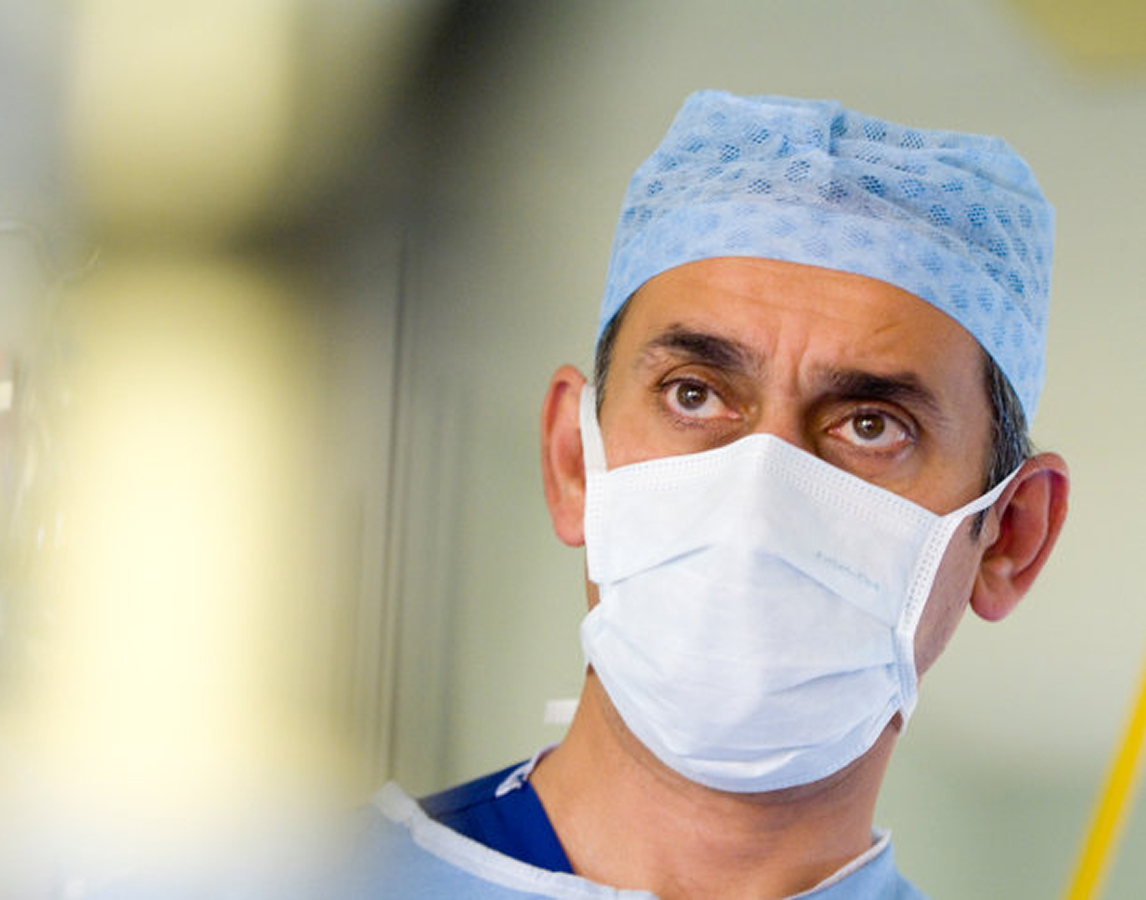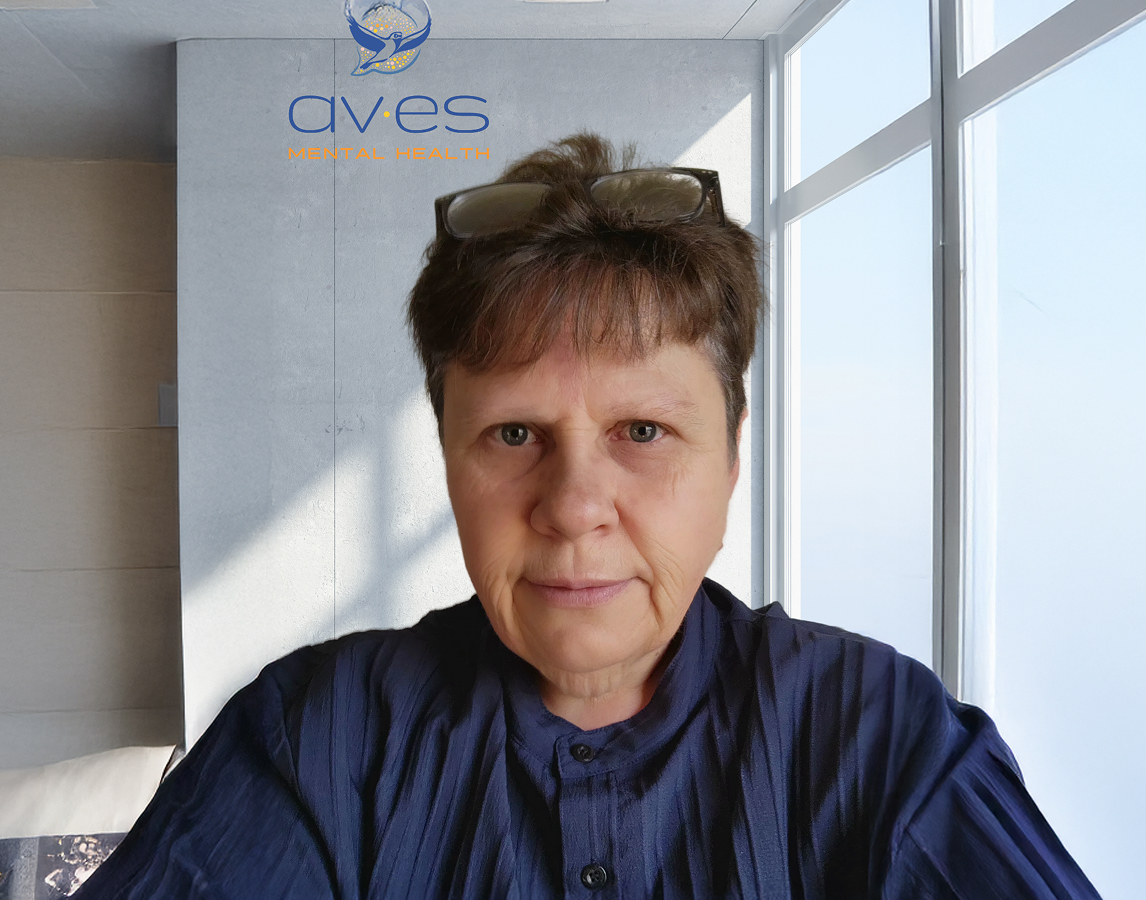Katarina Hedbeck: A Visionary Pioneer in Healthcare Innovation

We caught up with the CEO and co-founder of Tada Group AB — the Swedish start-up that took home the top “Booster Innovation” award at WISH 2022 — to find out what the award has meant to Katarina and her co-founders. Katarina shares the discovery process that led them to the idea of a breakaway IV connector that promises safer infusions for patients and nurses, and we delve into how the team applied their engineering expertise and business acumen to address a critical challenge within the healthcare sector.
The problem hiding in plain sight
Armed with an engineering background and an MBA from Warwick in England, Katarina was keen to find a way to produce something with impact. “I got tired of doing things a little bit cheaper or a little bit better, and I just kept going, looking for that smart idea that I thought would eventually come,” she recalls.
Her trajectory shifted when she received a scholarship for the Clinical Innovation Fellowship Program run by RISE Research Institutes of Sweden. The program meant that Katarina, as part of a team of four persons, was able to spend eight months at a children’s clinic in Sweden to identify unmet needs.
Katarina and the team observed that the nurses would frequently encounter problems with IV catheters that became dislodged, which increased the risk of infection, patient injury, and unsafe exposure on the skin of both patients and health care professionals to potentially toxic substances in the IV liquid.
The innovative idea that eventually led Katarina and her co-founders to launch Tada Group was to focus on a connector that, counterintuitively, splits into two parts when force is applied to the IV line. Up to that point, most of the advances were made to strengthen the bond between the IV catheter and the patient, she recalls. Their innovative design with double valves prevents spills and ensures the integrity of blood and medicine containment.
“At first we thought, maybe the problem with IVs becoming dislodged is only a problem with children,” recalls Katarina. But further research showed that dislodged IV catheters occurs in about 10% of all patients with IVs. Furthermore, IV therapy is given to 90% of patients admitted to hospital, making it the most common medical procedure.
“It was a problem hiding in plain sight,” says Katarina.
Katarina and her partners launched the startup to manufacture and distribute their innovation, but finding investors was an uphill struggle. The award from WISH changed everything.
The award and recognition
In the fall of 2022, Katarina and her partners found themselves with just enough funds in the bank to pay for a few months of salaries. Lots of investors were interested, and the potential impact in patient outcomes and cost benefits were clear, but the founders knew they had to raise funds fast if they were going to get their product past looming regulatory and manufacturing challenges.
Katarina applied to the WISH Innovation Competition and was thrilled to be invited to Qatar as part of a list of individuals and startups that were shortlisted. Katarina saw right away that the award was an opportunity to leverage the company’s credibility and build their network. The award not only provided a financial boost itself, but it served as a catalyst for interested investors to commit to a financial investment.
“Winning the award was basically a tipping point. We managed to raise 10 million Swedish kronor (about $970,000 USD) between winning the award at WISH and Christmas, which lead to an investment loan from the European Innovation Council Fund assisted by the European Investment Bank,” says Katarina.
“The prize allowed us to build momentum at a key moment. But that was just the icing on the cake, really.”
The icing on the cake
“The opportunities that came from being shortlisted were extraordinary,” says Katarina. She notes that the award also brought visibility to their venture and facilitated connections with influential figures in the healthcare domain, all of which opened doors for collaboration and growth. The quality of the training and mentoring she and her fellow shortlisted winners received was “first rate”, Katarina recalls.
Tada Group’s ReLink product went on to receive their first patent approved in over 15 countries, and it’s also now passed compliance with essential ISO and manufacturing standards.
What’s next? “This product not only addresses a critical healthcare need but also has the potential to save billions in unnecessary healthcare consumption,” notes Katarina. Clinical trials are progressing, and Katarina has her eyes set on future growth and global expansion.
“Winning the WISH prize has been a profound journey from the moment we were selected, for which I am extremely grateful,” Katarina adds. “I would recommend applying to anyone with a health-focussed startup.”



